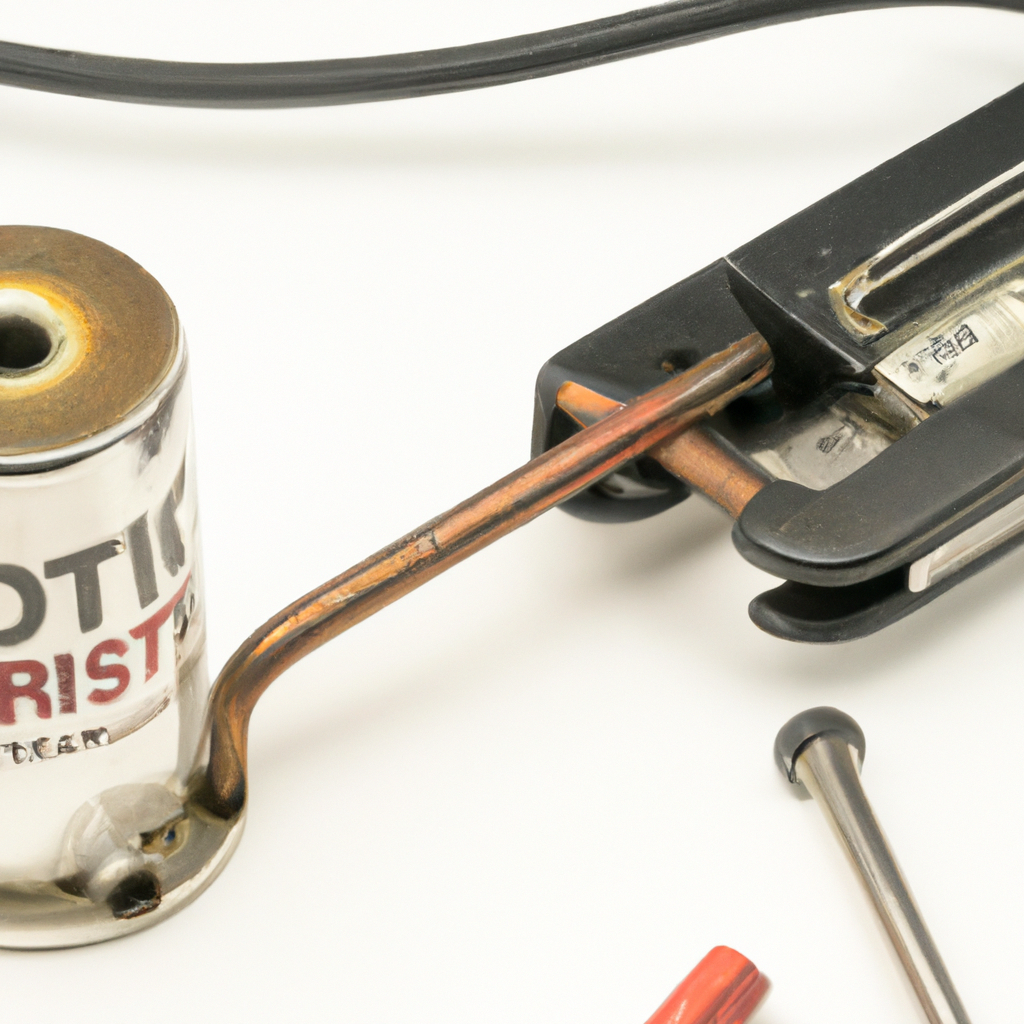How to Test Ignition Coil Without Multimeter
An ignition coil is a critical component in the ignition system of any petrol-powered vehicle. Responsible for converting the low voltage from the battery into high voltage necessary to ignite the spark plugs, a faulty ignition coil can lead to various engine problems.
While a multimeter is the most accurate tool to test an ignition coil, not everyone has access to one. In such cases, there are alternative methods you can use to determine the health of your ignition coil.
Method 1: Performing a Visual Inspection
- Start by locating the ignition coil. It is typically connected to the spark plug via a spark plug wire.
- Inspect the ignition coil for any visible signs of damage such as cracks, splits, or corrosion. If any damage is found, it is a clear indication that the coil needs to be replaced.
- Next, check the spark plug wire for any damage. Make sure it is properly connected to the ignition coil and the spark plug.
Method 2: Performing a Spark Test
- Remove one spark plug wire from the spark plug.
- Insert an extra spark plug into the removed wire.
- Secure the spark plug to a metal part of the engine using a clip or a wire.
- Have someone crank the engine while you observe the spark. If a bright blue spark is present, the ignition coil is likely functional. If the spark is weak or absent, it may indicate a problem with the ignition coil.
Method 3: Swapping Ignition Coils
- If you have access to a second vehicle with a similar ignition coil, you can temporarily swap the coils to see if the problem persists or moves to the other vehicle.
- If the problem remains with your vehicle, it suggests that the issue lies elsewhere, apart from the ignition coil.
- If the problem transfers to the other vehicle, it indicates that the swapped ignition coil is faulty and needs replacement.
Although these methods can provide insights into the functionality of your ignition coil without a multimeter, it’s important to note that a multimeter is the most accurate way to diagnose ignition coil issues. If you suspect a problem, it is recommended to have a professional inspect and test your ignition coil to ensure an accurate diagnosis and appropriate repair.
Remember, a faulty ignition coil can lead to engine misfires, rough idling, decreased performance, and even potential damage to other engine components. Regular maintenance and inspection of your ignition system can help prevent issues and keep your vehicle running smoothly.
